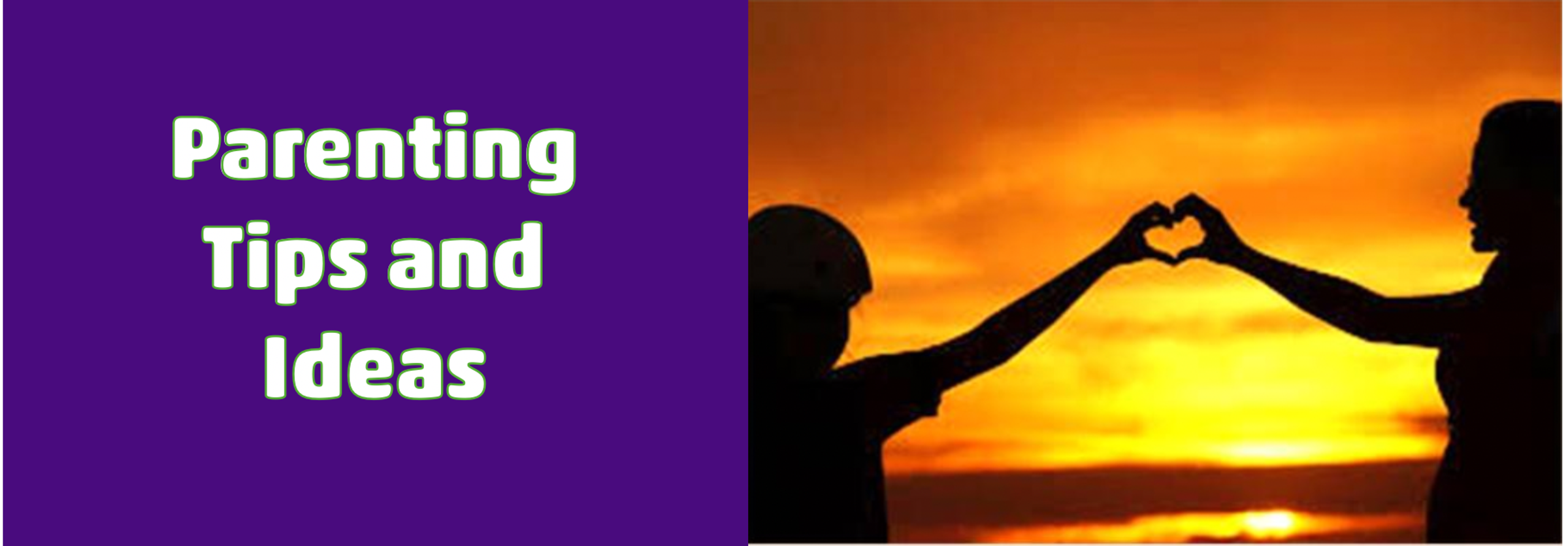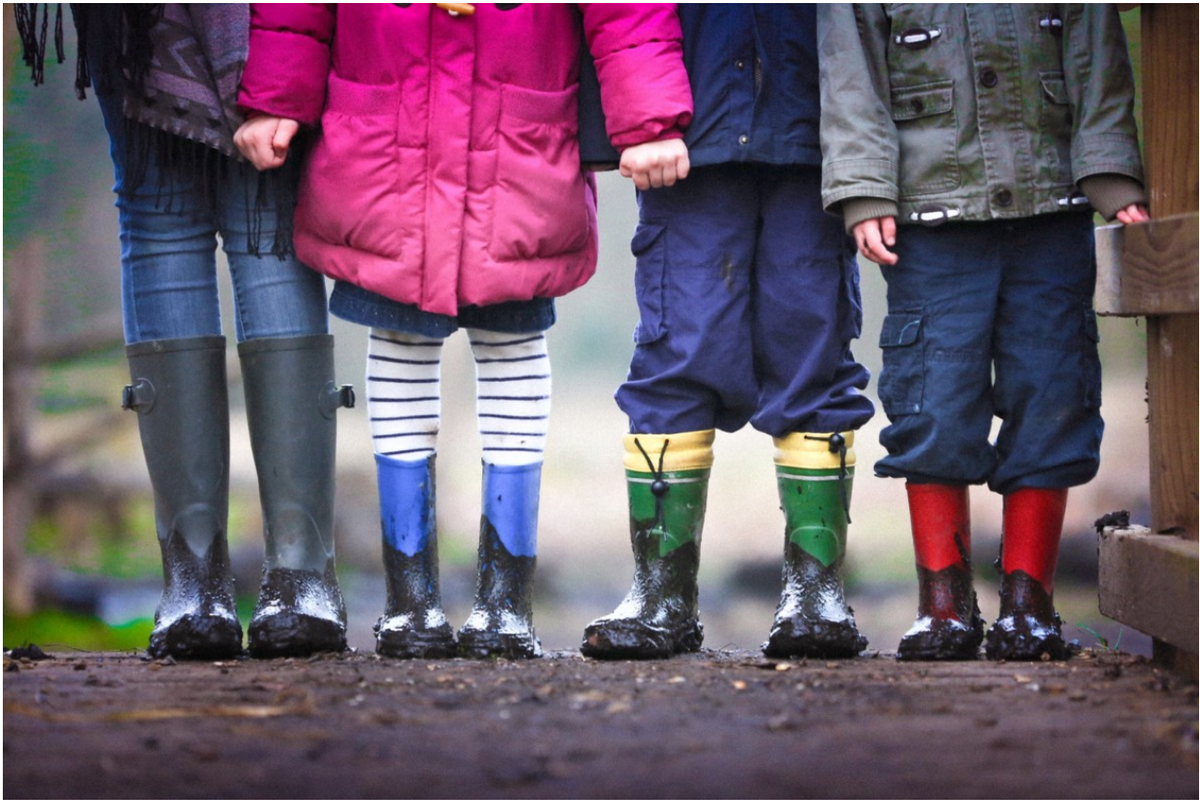Parenting Page:

8 Things You Need to Say to Your Kids — Often
No matter who you are. No matter what culture you are raised in. No matter which, or how many, languages you speak. These are the words you need to say to your kids. These are the lines they need — and deserve — to hear. These are the phrases that will give them a solid foundation, guide them and foster resilience for all that lies ahead. Because the future lies wih them. As Mahatma Gandhi said: “ If we are to teach real peace in this world, and if we are to carry on a real war against war, we shall have to begin with the children.”
“There can be no keener revelation of a society’s soul than the way in which it treats its children.” — Nelson Mandela.
1. No.
Kids need to understand “no” from a young age and — depending on their development stage — they don’t always need a reason for it. If you’re a parent, your job is to teach your kids about safety, boundaries, consent, (reasonable) rules and respect for others — and that they can’t go through life doing whatever they want.
As adults we don’t want to hear “no” all the time. We need to hear plenty of “yes” too. If we’ve had the right messaging as kids, we’ll understand that not everyone in the world will like us. Quite the opposite. Some people will reject us. Some won’t want to know us. Some will be mean. And when those things happen, we need to be able to handle it with grace and know when to walk away.
2. Thank you.
Kids deserve to be thanked when they do good things or make an effort as much as adults do. Everyone wants to be appreciated for something they’ve done — even people who say they don’t care for acknowledgement. Thanking people validates their actions, makes them feel good — and worthy.
If you’ve behaved decently or thoughtfully, you deserve to be thanked, clearly, often, and publicly when appropriate. There’s no such thing as over-thanking.
3. I’m here for you.
Kids absolutely need to know they can count on the adults in their world. Whenever I hear a struggling adult client tell me their child is their rock, I quake a little inwardly. Kids should not have to be rocks. They should have rocks — in the form of their parents.
We all want someone who has our back during tough times. Knowing at least one person genuinely wants the best for you, is a salve for fear and loneliness. The saying “a problem shared is a problem halved” is true — as long as you’ve shared with the right person.
4. You can cope.
When kids are struggling, they need to be able to express themselves, to say or show what they’re feeling. They need to know it’s okay to be emotional when life is hard. And they need to be given space to do this BEFORE they’re shoved into the “coping zone” and told they’ll be fine.
But they also need to learn, and be reminded, they are capable and resourceful, that they can solve problems, and they have the capacity to “get through” setbacks and disappointments. To know that, whatever befalls, they can can cope. They can rise again.
5. You’re good enough.
Every day, therapists hear heartfelt stories of personal inadequacy. That’s because is the core belief that underpins many people’s difficulties. It often starts in childhood when they were told they were dumb, fat, ugly, uncoordinated or hopeless at maths — the list is endless.
Kids need hope but they don’t need to hear about their (as yet unfulfilled) potential. They just need to know they are good enough, right here, right now. Because they are.
6. I’m proud of you because.....
Random exclamations of pride and awesomeness are fine but the message is watery. Many kids who feel insecure hear those words and wonder why anyone thinks they’re awesome at anything. So they won’t absorb them. That message needs to be specific:
Kids need to hear you are proud of them at that time. And it’s particularly powerful if your pride is not always attached to outcomes (like a sports or exam result) — but the effort they put in and the personal qualities they’ve shown in getting to where they are.
7. I love you.
Say it to your kids, say it to your family, say it to your people. Say it to anyone who’ll listen. This is not just about intimate love, but about making a person feel they are not alone.
They are worth something. To you.
8. Wow.
Steve Jobs’ last words after looking at each member of his family were: “Oh wow. Oh wow. Oh wow.” I don’t know the Jobs’ familial history — and I suspect it wasn’t all wow — but what a feeling to leave them with.
This one doesn’t have to be personal; you don’t have to look at your child daily and whisper “wow” although you probably should. But encouraging young people to keep seeing the world with curiosity, with intrigue, with wonder, may well be the greatest gift you can give them.

